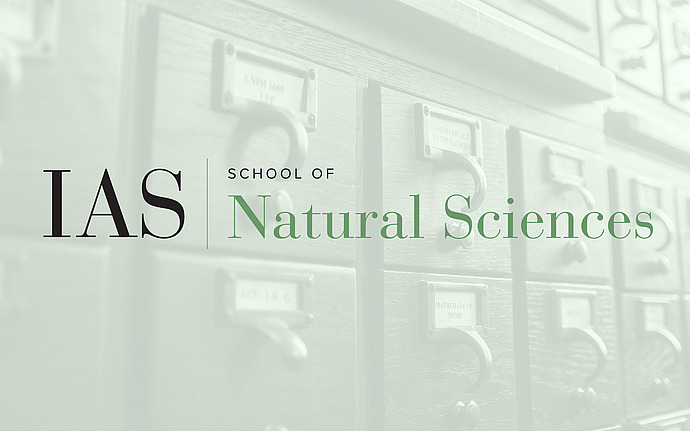
Princeton University Special Physics Seminar
Tensor Network Simulation in Strongly Correlated Systems: Past, Present and Future
Abstract: Tensor network states are new kinds of variational wavefunctions that help us to understand quantum phases and phase transitions beyond Landau paradigm. In this talk, I will first review the major development of tensor network simulation in the past two decades. In particular, I will introduce the novel concept of long-range entanglement and entanglement renormalization. Then I will discuss the major breakthroughs made by tensor network simulations in recent years.
Biosketch: Prof. Zheng-Cheng Gu is an internationally recognized leading expert on topological phases of quantum matter. In recent years, he and his collaborator had established a new paradigm for topological phases based on the concept of long-range entanglement. They further used this concept to classify topological phases of quantum matter in strongly correlated electron systems and developed new mathematical framework such as super tensor category theory and group super-cohomology theory. In particular, he and his collaborator proposed a new class of topological phases protected by global symmetry – the so-called symmetry protected topological phase(SPT), which made significant contribution to 2016 physical Nobel Prize. Prof. Gu and his collaborator further pointed that long-rang entanglement can be locally encoded in a special class of wavefunctions, the tensor network states (TNS). They also developed an accurate and efficient way to simulate TNS. This new method has the potential to resolve a large class of long standing hardcore problems.